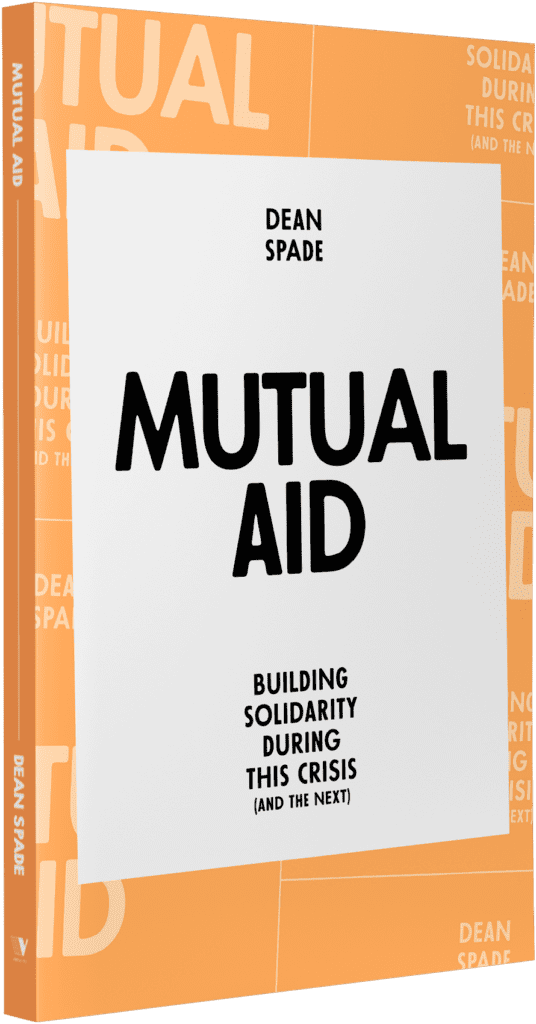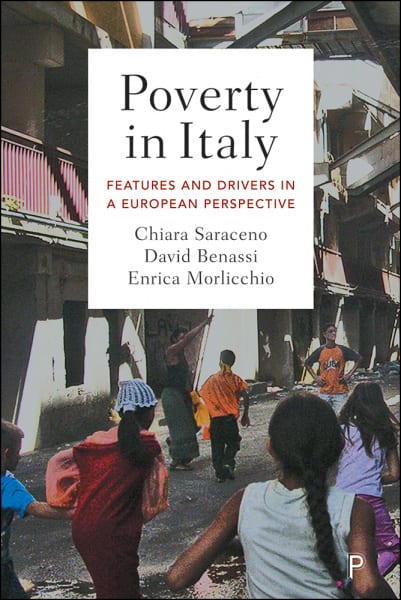Archive for 2020
Depression and suicidality among Bangladeshi students: Subject selection reasons and learning environment as potential risk factors
Individual Differences in Miserly Thinking Predict Endorsement of Racial/Ethnic Stereotypes
Globalising myths of survival: post-disaster households after Typhoon Haiyan
The 2019–2020 bushfires and COVID‐19: The ongoing impact on the mental health of people living in rural and farming communities
Lisa Baraitser Enduring time; Shira Chess Ready player two: women gamers and designed identity; Ania Loomba, Revolutionary desires: women, communism, and feminism in India; Kyla Schuller The biopolitics of feeling: race, sex, and science in the nineteenth century
Association between intimate partner violence and child nutrition in India: Findings from recent National Family Health Survey
The effect of psychodrama on quality of life and sleep in mothers of children with cerebral palsy
A systematic review of daily life studies on non-suicidal self-injury based on the four-function model
Bridging psychological distance: The impact of immersive media on distant and proximal environmental issues
Evolution of the network pattern of posttraumatic stress symptoms among children and adolescents exposed to a disaster
The opioid crisis and the 2020 US election: crossroads for a national epidemic
Poetry authored by vulnerable populations as secondary data: methodological approach and considerations
4 in 10 Children Live in a Household Struggling to Afford Basics
Evidently Cochrane: Choosing images for sharing evidence: a guide
Child Welfare in the 21st Century preparing families for post permanence
Intimate Partner Violence Among Patients Diagnosed With Severe Mental Disorder
Decolonising curriculum practice: developing the indigenous cultural capability of university graduates
Fool me once… treatment exposure to achieve remission in pediatric IBD
Effectiveness of Respondent-Driven Sampling for Conducting Health Studies Among Undocumented Immigrants at a Time of Heightened Immigration Enforcement
Smartphone-based activity measurements in patients with newly diagnosed bipolar disorder, unaffected relatives and control individuals
Quality of experience in residential care programmes: Retrospective perspectives of former youth participants
History of Social Work in the United Kingdom

Locked, Loaded, and Ready for School: The Association of Safety Concerns With Weapon-carrying Behavior Among Adolescents in the United States
Interventions for reducing violence against children: An evidence and gap map in low- and middle-income countries
Family experiences with palliative care for children at home: a systematic literature review
Reflecting together on CPD: A conversation with Social Work England

Intensifying global efforts for the elimination of female genital mutilation (FGM)

Supported housing: national statement of expectations
International Migration Outlook 2020
Mutual Aid: Building Solidarity During This Crisis (and the Next)

Around the globe, people are faced with a spiralling succession of crises, from the Covid-19 pandemic and climate change-induced fires, floods, and storms to the ongoing horrors of mass incarceration, racist policing, brutal immigration enforcement, endemic gender violence, and severe wealth inequality. As governments fail to respond to—or actively engineer—each crisis, ordinary people are finding bold and innovative ways to share resources and support the vulnerable.
I quit! Is there an association between leaving teaching and improvements in mental health?
Violence and mental disorders: a structured review of associations by individual diagnoses, risk factors, and risk assessment
Behavioral strategies for reducing disease transmission in the workplace
Levels of Severity of Depressive Symptoms Among At-Risk Groups in the UK During the COVID-19 Pandemic
An uncertainty estimate of the prevalence of stunting in national surveys: the need for better precision
Validation of the Palliative Prognostic Index, Performance Status–Based Palliative Prognostic Index and Chinese Prognostic Scale in a home palliative care setting for patients with advanced cancer in China
Health impact of providing informal care in Portugal
Mental health of refugees, asylum seekers, and internally displaced persons
Pilot Randomized Control Trial: Efficacy of a Group-Based Psychosocial Program for Youth with PTSD in the Brazilian Favelas
Residential Cognitive Processing Therapy Decreases Suicidality by Reducing Perceived Burdensomeness in Veterans with Posttraumatic Stress Disorder
Effects of APOE e4‐allele and mental work demands on cognitive decline in old age: Results from the German Study on Ageing, Cognition, and Dementia in Primary Care Patients (AgeCoDe)
Investigating the need for alcohol harm reduction and managed alcohol programs for people experiencing homelessness and alcohol use disorders in Scotland
The Discursive Construction of Risk: Social Work Knowledge Production and Criminalized Women
The Anglican Church: Safeguarding in the Church of England and the Church in Wales
A Trial of Favipiravir and Hydroxychloroquine combination in Adults Hospitalized with moderate and severe Covid-19: A structured summary of a study protocol for a randomised controlled trial
Transdiagnostic treatment of emotional disorders in people with multiple sclerosis: randomized controlled trial
Treating suicidal ideation in the context of depression
Cost-Effectiveness of Esketamine Nasal Spray for Patients With Treatment-Resistant Depression in the United States
Poverty in Italy: Features and Drivers in a European Perspective

Three experienced Italian sociologists explore the structural and cultural dimensions of poverty in their country. Comparing Italy’s regime with other European countries, they consider the interplay of conditions in the labour market, the family and welfare arrangements as causes of poverty.